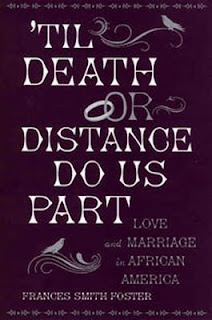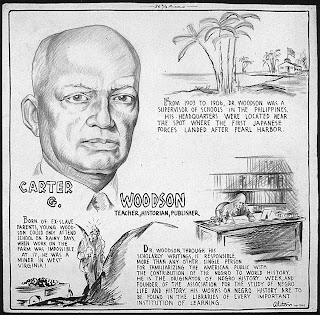WASHINGTON – The leading federal mental health agency and mental health activist Terri Williams, whose book Black Pain documented her own struggle with depression, kicked off a nationwide, two-year campaign Tuesday at Howard University to increase treatment for African Americans with mental disorders.
The Substance Abuse and Mental Health Services Administration (SAMHSA) and Williams, who established a foundation to help African Americans with depression after her mental breakdown, joined the Ad Council and Williams’ Stay Strong Foundation to unveil three television public service announcements they hope will diminish the stigma of mental health among African Americans. The announcements will be sent to 33,000 media outlets.
During the launch at the university’s Cancer Center, the organizations also highlighted a new Web site, www.storiesthatheal.samhsa.gov, with videos of African Americans, famous and unknown, talking about their struggles with depression and their families’ history of mental health issues, and how it affected them.
 Terri Williams | Williams pointed participants to her organization’s Web site that deals with depression, www.usedtobeme.net, and urged young African Americans to help remove the stigma associated with mental disease. “Depression is killing black people by the thousands,” Williams said, “and it’s important to talk about it, no matter what our own personal fear might be. We must share our stories with each other, especially our young.” The campaign targets African Americans between the ages of 18 and 25 because they have a higher incidence of mental health disorders than the overall population, said Paolo del Vecchio of SAMHSA. “We also know the increase in the suicide rate among young African Americans is twice the rate of their white counterparts,” he said. “Additionally, less than one half of African Americans who need treatment receive it.” |
The event, which coincided with the first HBCU National Mental Health Awareness Day, was coordinated by sociologist Donna Holland Barnes, an instructor in the Department of Psychiatry at Howard University and director of the University’s Suicide Prevention Program.
“Unfortunately, many African Americans do not recognize this is a significant problem within our community,” said Barnes, who lost a son to suicide. “We are less likely to seek help. If we do seek help, we’re less likely to comply with treatment. The result can be fatal, and can lead to either suicide or homicide.”
FOR IMMEDIATE RELEASE Contact: Ron Harris Director of Communications Office of University Communications 202.683.0182 rjharris@howard.edu




































